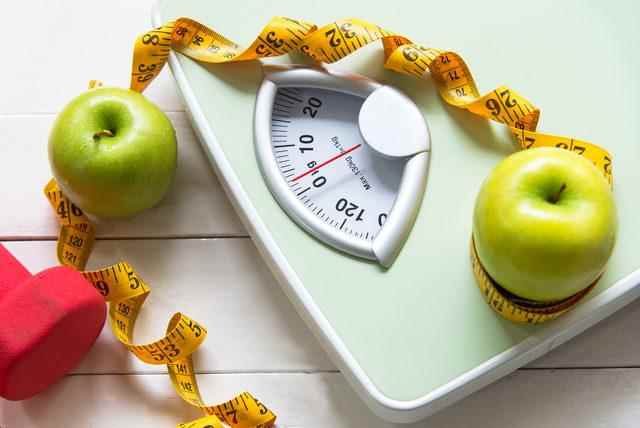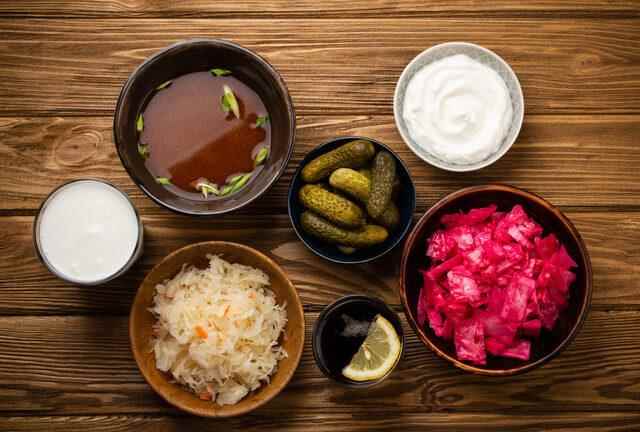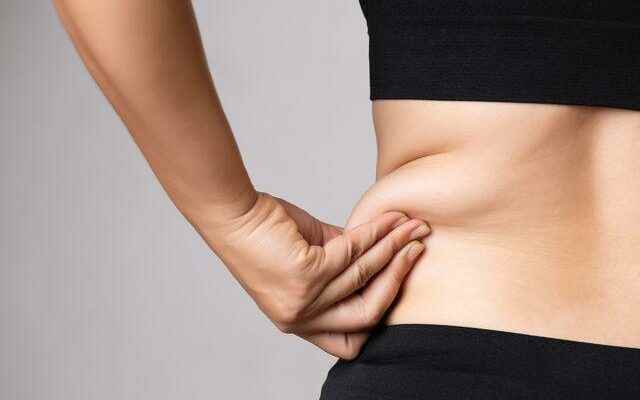Excess belly fat is one of the signs that alarm bells will start to ring for many diseases. Losing weight is not as easy as it sounds. If you’ve tried it, you’ve experienced it too. There are many factors to losing weight. The size of your stomach can depend on many different factors, including the time of day, whether you’ve exercised recently and the foods or drinks you consume during the day. In addition, many previous studies have revealed that regional weakening is close to impossible. This is because fat cells are stored in the body and can be broken down and used as energy during exercise from any part of the body, not just the area you are exercising.
LOSE WEIGHT WITH SCIENTIFIC METHODS
There are several strategies that can enhance weight loss and promote muscle growth. Combining a nutritious diet and a health-promoting lifestyle will both improve your health and start losing weight.
THINGS TO DO FOR A FLAT Tummy
First, you need to reduce your calorie intake. The general opinion is that if you take 500-750 calories less per day, you can lose 1 kg in 15 days.

Eating soluble fiber may increase feelings of fullness, help reduce the absorption of calories, and protect against visceral fat buildup around organs.
FOODS HIGH FIBER
- Bread, pasta and breakfast cereals made from whole grain flour
- Barley, rye, oats and foods made from them
- Vegetables like broccoli, corn, cauliflower, carrots
- Apples, citrus fruits
- Legumes such as peas, chickpeas, and beans
- Nuts and seeds (such as chia seeds)
- It can be counted as a thin-skinned potato (when consumed without peeling).
Probiotics are a type of beneficial bacteria that can play an important role in weight management. Try to consume a lot.

Doing cardio or aerobic exercise is an excellent way to burn calories and improve overall health.
Increasing your protein intake can help you maintain lean body mass, reduce your appetite and reduce visceral fat.
Diets high in monounsaturated fatty acids can help reduce belly fat and help with weight management. Nuts such as avocados, hazelnuts, peanuts, walnuts, and nut oils such as almond oil, peanut, olive oil, canola oil, sesame oil are monounsaturated fats.
STAY AWAY FROM REFINED CARBOHYDRATES
Limiting total carbohydrate intake or replacing refined carbohydrates with whole grains can help reduce belly fat and support weight loss.

Resistance training can prevent the loss of muscle mass common during dieting, which can help maintain your metabolic rate and reduce body fat and visceral fat.
Exercise standing instead of sitting.

The combination of diet and exercise is probably the most effective way to lose weight and improve your overall health. So take a walk regularly.
Sugar-sweetened beverages such as soda, juice, sweet tea, and energy drinks are often high in calories and added sugar. Limit sugary drinks.
FOR LOTS OF WATER
Drinking water can temporarily speed up your metabolism, increase the feeling of fullness and help relieve constipation; all of which can be beneficial for a flatter stomach.

High-intensity interval training (HIIT) is a type of exercise that usually involves performing very intense intervals of activity, such as sprinting, rowing, or jumping, with short breaks in between. This exercise method helps your body burn more fat and temporarily increases your metabolic rate even after you finish your workout.
MANAGE STRESS LEVEL
Chronic stress is not only linked to the development of many diseases, but also often contributes to overeating and emotional eating, which can lead to weight gain.
MORE PROTEIN
Protein is an important nutrient when it comes to weight loss. High-protein diets can reduce your appetite and increase feelings of fullness. Additionally, your body burns more calories digesting protein than fat or carbohydrates.

When trying to lose weight, it can be helpful to monitor your food intake. There are several ways to do this, but the most popular and effective options include counting calories or keeping a food diary.
Eggs are high in protein and low in calories, with one large egg having about 72 calories and 6 grams of protein. Do not forget to include eggs in your diet.
Getting enough quality sleep each night is essential for weight management.
It is generally recommended to eat oily fish once or twice a week.
Limit sugar and alcohol consumption.
Unsweetened coffee and green tea are highly nutritious beverages that can help you reach or maintain your ideal weight.
BEFORE YOU START WEIGHT LOSS
If your doctor has advised you to lose weight, or if you have personally decided to lose some weight, it is very important that you set your goals in moderation. Trying to lose weight randomly can reduce your motivation after a while. It is not possible to give only the fat accumulated around the belly button. But there are many strategies that can help effectively support fat loss and weight loss in general. Along with making changes to your diet and exercise plan, getting plenty of sleep, managing stress levels, and following mindful eating guidelines are ideal guidelines for weight loss.
